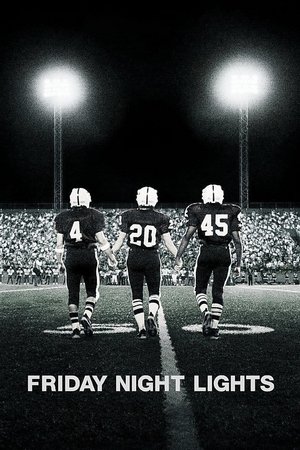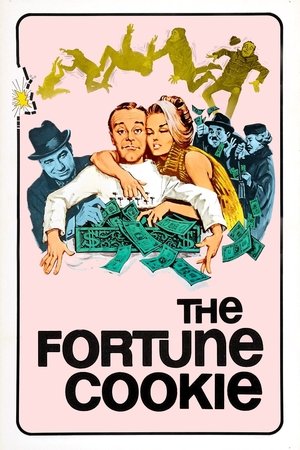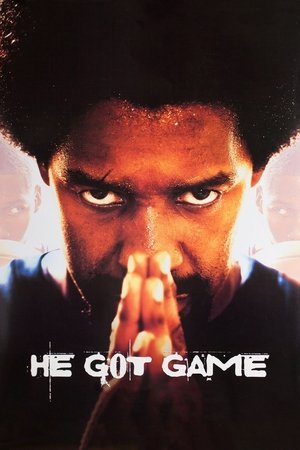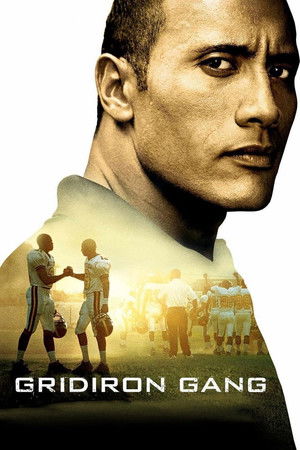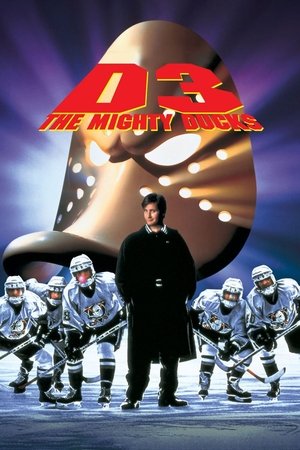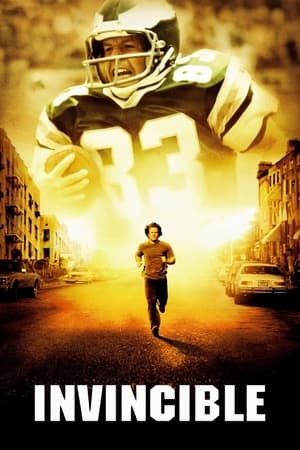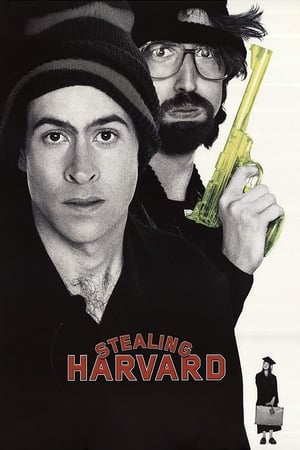Overview
Story of two friends who play football, one of whom is a self-centered quarterback who thinks he's the only man on the team.
Reviews
I saw this Universal film (from the same year as Frankenstein) on a very degraded print on You Tube.
The film works well though at capturing a moment in history, showing the American Football talents of Notre Dame at a point in time immediately after the death of their well regarded coach, Knute Rockne. Indeed Rockne was on his way to Hollywood to be an advisor on this film when the plane he was in crashed, ending a legendary career. He is portrayed in this film simply as the un-named character of 'Coach' played by an actor who bares a close resemblance to the Rockne of later years.
Unusually the film adopts a very distinct two act structure; the first covering the arrival of neophyte player Lew Ayres at university and his gradual acceptance by his peers due to his grit and determination on the field. His fellow players include the likes of Andy Devine in one of his earliest roles, fairly convincing both as a player and hillbilly style comic relief. The second act shows the players at the end of their college careers, slowly being taken overwhelmed by the upstart newcomers they themselves once were. There are the usual stories of sporting films; competitive romantic relationships, the sick player everyone gives their all for on the field in the hope of recovery, the close finish between two well matched teams. These cliches were perhaps not as old when this film was made but we still feel the ennui of sitting through them.
Production values are very high with lots of football sequences clearly shot at Notre Dame and some very ambitious shots. In one scene the camera, positioned behind goal does a dramatic leap upwards in a fast crane shot and then zooms forward in and over the goals to capture a key moment of action. It is a hugely effective moment, especially for the early days of sound when cameras were housed in substantial blimps to keep unwanted camera mechanical noises at bay.
Lew Ayres, coming off All Quiet on the Western Front (1930) effectively shows a range of emotions from the over-confident country boy trained by his own brother to the seasoned professional who sees himself losing his chances to a younger player. Ayres would eventually have an acting career spanning more than 65 years and was always an effective player.
This could have been very weak indeed given the age of the production but proves very effective at nearly every level.
7/10.

 80 min
80 min
 6.3
6.3
 1931
1931
 USA
USA
 CyrusPK wrote:
CyrusPK wrote:
